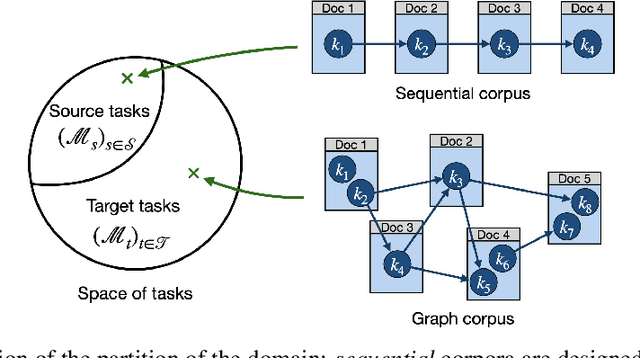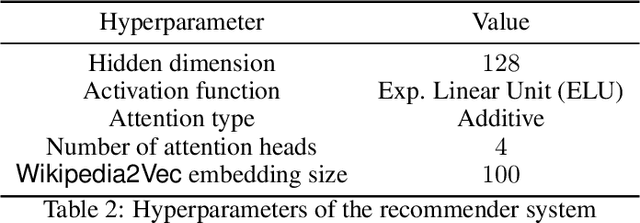Jean Vassoyan
CB
Ignore the KL Penalty! Boosting Exploration on Critical Tokens to Enhance RL Fine-Tuning
Feb 10, 2025



Abstract:The ability to achieve long-term goals is a key challenge in the current development of large language models (LLMs). To address this, pre-trained LLMs can be fine-tuned with reinforcement learning (RL) to explore solutions that optimize a given goal. However, exploration with LLMs is difficult, as a balance has to be struck between discovering new solutions and staying close enough to the pre-trained model, so as not to degrade basic capabilities. This is typically controlled with a Kullback-Leibler (KL) penalty. In this paper, we investigate the exploration dynamics of a small language model on a simple arithmetic task. We show how varying degrees of pre-training influence exploration and demonstrate the importance of "critical tokens" which have a dramatic impact on the final outcome. Consequently, we introduce a simple modification to the KL penalty that favors exploration on critical tokens, increasing the efficiency of the RL fine-tuning stage.
A Pre-Trained Graph-Based Model for Adaptive Sequencing of Educational Documents
Nov 18, 2024



Abstract:Massive Open Online Courses (MOOCs) have greatly contributed to making education more accessible. However, many MOOCs maintain a rigid, one-size-fits-all structure that fails to address the diverse needs and backgrounds of individual learners. Learning path personalization aims to address this limitation, by tailoring sequences of educational content to optimize individual student learning outcomes. Existing approaches, however, often require either massive student interaction data or extensive expert annotation, limiting their broad application. In this study, we introduce a novel data-efficient framework for learning path personalization that operates without expert annotation. Our method employs a flexible recommender system pre-trained with reinforcement learning on a dataset of raw course materials. Through experiments on semi-synthetic data, we show that this pre-training stage substantially improves data-efficiency in a range of adaptive learning scenarios featuring new educational materials. This opens up new perspectives for the design of foundation models for adaptive learning.
Towards Scalable Adaptive Learning with Graph Neural Networks and Reinforcement Learning
May 10, 2023Abstract:Adaptive learning is an area of educational technology that consists in delivering personalized learning experiences to address the unique needs of each learner. An important subfield of adaptive learning is learning path personalization: it aims at designing systems that recommend sequences of educational activities to maximize students' learning outcomes. Many machine learning approaches have already demonstrated significant results in a variety of contexts related to learning path personalization. However, most of them were designed for very specific settings and are not very reusable. This is accentuated by the fact that they often rely on non-scalable models, which are unable to integrate new elements after being trained on a specific set of educational resources. In this paper, we introduce a flexible and scalable approach towards the problem of learning path personalization, which we formalize as a reinforcement learning problem. Our model is a sequential recommender system based on a graph neural network, which we evaluate on a population of simulated learners. Our results demonstrate that it can learn to make good recommendations in the small-data regime.
 Add to Chrome
Add to Chrome Add to Firefox
Add to Firefox Add to Edge
Add to Edge